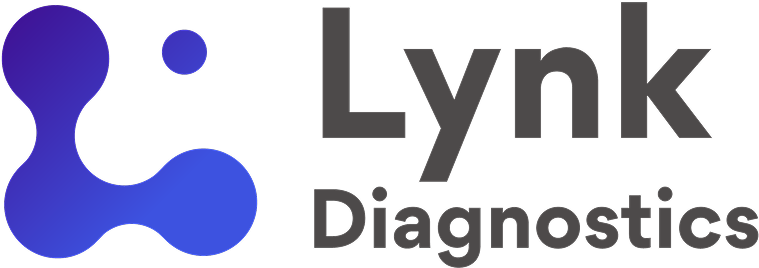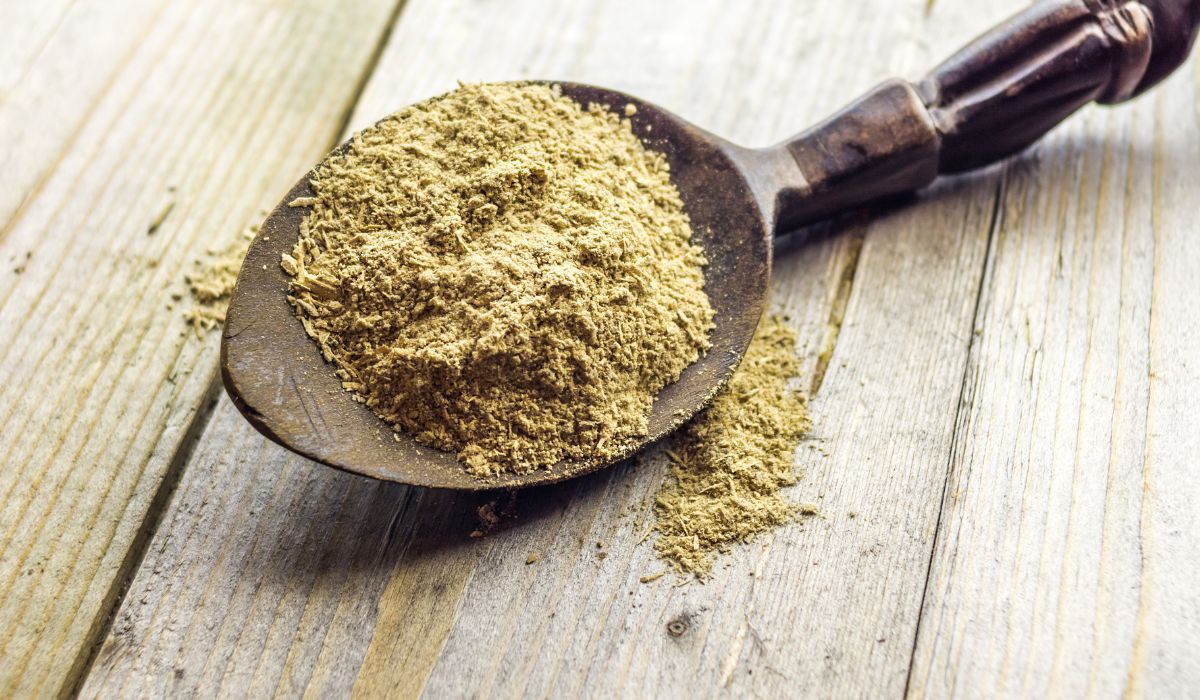What Is Kavain?
Kavain is a natural product found in the kava plant. Kava comes from the Piperaceae family and grows mostly in places like New Zealand, Germany, and the United Kingdom. Kavain is one of the main kavalactones, which are active parts of the plant. People often drink kava to feel calm or relaxed.
Kavain is best known for helping people with anxiety and stress. It acts like an anxiolytic, which is a type of medication that lowers worry and fear. Some people use it as an alternative medicine instead of drugs like diazepam or oxazepam.
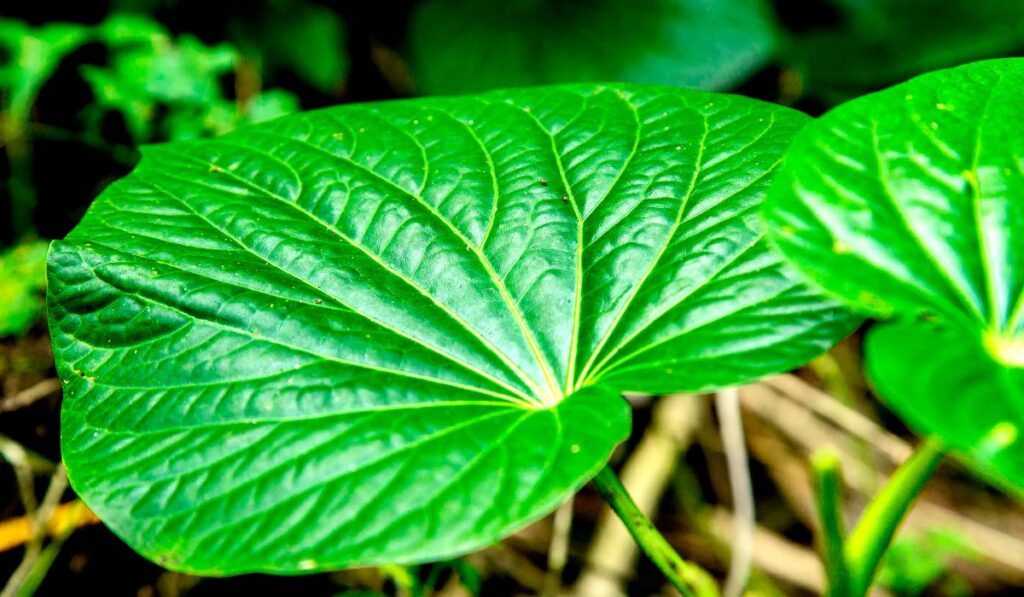
Where Does Kavain Come From?
Kavain comes from the root of the kava plant. People crush the root and mix it with liquid like water to make a drink. This drink has been used in traditional Chinese medicine and in alternative medicine for many years.
Kava root contains other kavalactones too, like yangonin, dihydrokavain, methysticin, and desmethoxyyangonin. Each has different effects on the nervous system, but kavain is one of the strongest.
How Does Kavain Work?
Kavain works in the brain and helps control mood, calmness, and sleep. It works with GABA receptors, which help the brain relax. GABA is a neurotransmitter—a chemical that sends signals in the brain.
Kavain may also act on other brain systems. It affects dopamine, serotonin, and norepinephrine, which help control mood and attention. It also touches parts of the central nervous system like chloride channels, sodium channels, and potassium flow.
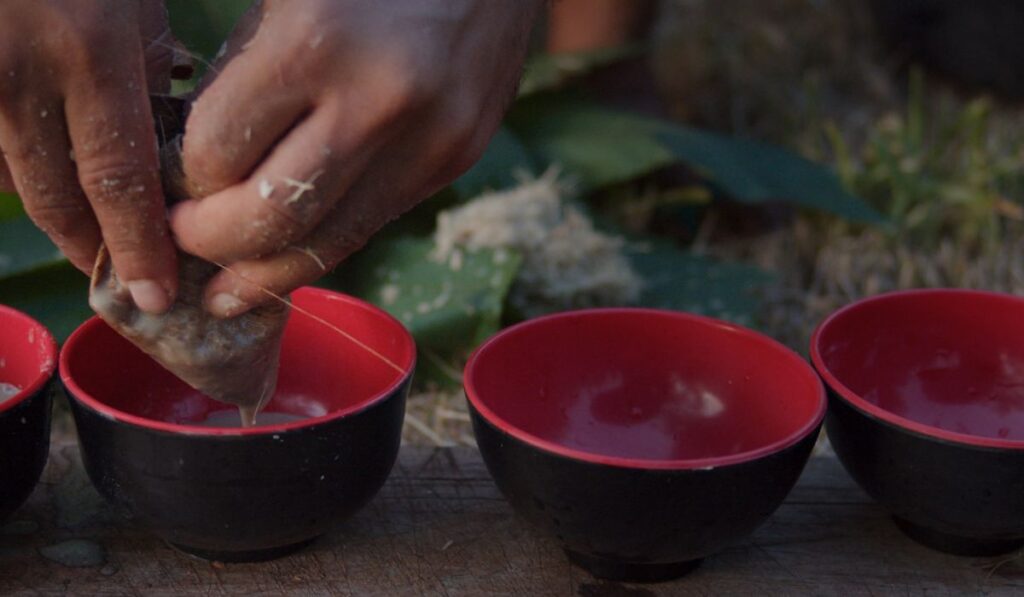
Kavain and Anxiety
Kavain has been tested in clinical trials for generalized anxiety disorder. It showed good efficacy in helping people feel calmer. It works like a benzodiazepine, but with less chance of addiction.
Scientists are also studying how kavain might help with major depressive disorder. It can act like an antidepressant by affecting neurotransmission in the brain.
Kavain in Research and Science
In Germany, France, Japan, and Switzerland, researchers are using kavain in drug discovery for mood disorders. It’s also being looked at in the United States, with support from the National Institutes of Health.
Studies in pharmacology and molecular biology show kavain affects the cell cycle, gene expression, and protein kinase activity. It even helps with epigenetics, ubiquitin pathways, and DNA repair.
Kavain and Health Benefits
Kavain has many possible health benefits. These include:
- Reducing stress
- Helping with sleep
- Lowering inflammation
- Supporting mood
- Easing muscle tension
- Reducing blood pressure
Kavain can act on glutathione levels and help with antioxidant support. It may also help in neurodegenerative disease studies and cardiovascular disease prevention.
How Is Kavain Studied?
Kavain is tested using in vivo models (in living animals) and cell culture systems. Scientists use methods like immunoassay, histology, and chromatography. These help find kavain’s metabolite effects and mechanism of action.
Its effects on apoptosis (cell death), pyroptosis, and autophagy (cell cleaning) are also studied. Kavain may affect t cell activity, protein kinase inhibitors, and smad proteins in cells.
Kavain and the Body
Kavain affects many parts of the body:
- Brain: Helps with calmness and focus
- Liver: May support or harm depending on dose
- Blood plasma: Shows kavain levels for pharmacokinetics
- Skin: May help with inflammation and tissue healing
- Bone resorption: Possible role in bone health research
- Vascular smooth muscle: Helps with relaxing blood vessels
Kavain and Chemistry
Kavain is a type of lactone and alkaloid. Its chemical structure includes a pyrone ring and it shows good solubility in ethanol and acetone.
Scientists study its form using chromatography and mass testing. It’s an organic compound and found in solid or resin form in some extracts.
Kavain and Other Substances
Kavain may work with other drugs or natural items like:
- Valerian
- Hypericum perforatum (St. John’s Wort)
- Cannabinoids
- Antibiotics
- Aspirin
- Mefenamic acid
But mixing can be dangerous. Some combos may cause toxicity, liver injury, or problems with drug metabolism through cytochrome P450 enzymes.
Kavain in Mental Health
Kavain may help in psychiatry as a channel blocker or reuptake agent. It may reduce anxiety disorder symptoms by acting as an allosteric modulator of GABA receptors.
Some say it works like monoamine oxidase inhibitors—like monoamine oxidase A or monoamine oxidase B—but more research is needed.
Side Effects and Toxicology
While kavain can help, too much can be harmful. It may cause:
- Drowsiness
- Liver problems
- Nausea
- Headaches
Toxicology tests in toxin and toxicology labs show possible risks at high doses. Always ask a doctor before trying kavain, especially with other medications.
Kavain in the Lab
In the lab, kavain is tested with tools like:
- Signal transduction models
- Protein analysis
- DNA and RNA testing
- Cytoskeleton and interferon studies
- Neuroscience experiments
- Microrna and gene assays
Researchers use open access journals and tools like PubMed Central and Creative Commons License for sharing data.
Kavain and Technology
Kavain research uses new tools like:
- Javascript for data dashboards
- Email address sign-ups for trial groups
- Ultrasound and exosome research
- Health apps and trackers
- New pharmacovigilance platforms to watch for side effects
Kavain and Other Brain Chemicals
Kavain affects:
- Dopamine (feeling good)
- Serotonin (happy mood)
- GABA (calm brain)
- Glucocorticoid and progesterone (hormones)
- Amyloid beta (linked to Alzheimer’s)
It may also help neurotoxicity and support neuropharmacology studies for brain safety.
Kavain for the Future
More drug discovery and biomedicine work is being done on kavain. It may lead to new small molecule drugs, or even help in treating HIV, hepatitis, and disease linked to the brain or mood.
As pharmacogenomics grows, we may learn how kavain works better for some people based on their gene types.
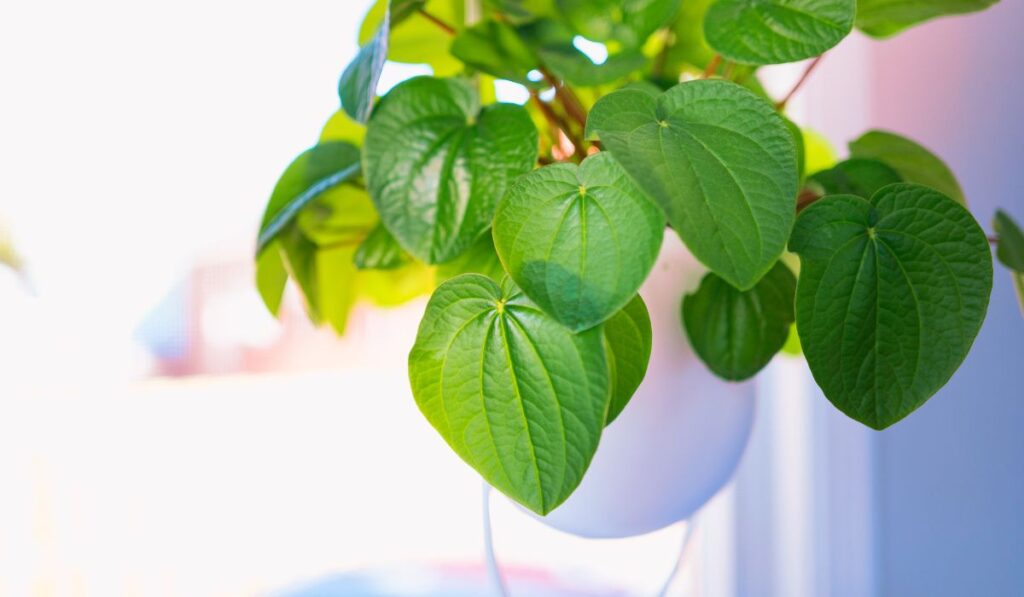
FAQs About Kavain
What is kavain used for?
Kavain is used to help with anxiety, stress, and sometimes sleep. It is a natural part of the kava root and is found in calming drinks and supplements.
Is kavain safe?
Kavain is usually safe in small amounts. But taking too much may lead to toxicity or liver injury. Always check with your doctor before using.
How does kavain work in the brain?
Kavain works on GABA receptors, which help you feel calm. It may also affect dopamine, serotonin, and other brain chemicals.
Can kavain be mixed with other medications?
Sometimes yes, but sometimes no. It can mix badly with drugs that affect the liver, brain, or blood pressure. Talk to a doctor first.
Where is kavain found?
Kavain is found in the root of the kava plant, mostly in areas like New Zealand, Germany, and other parts of the world.
